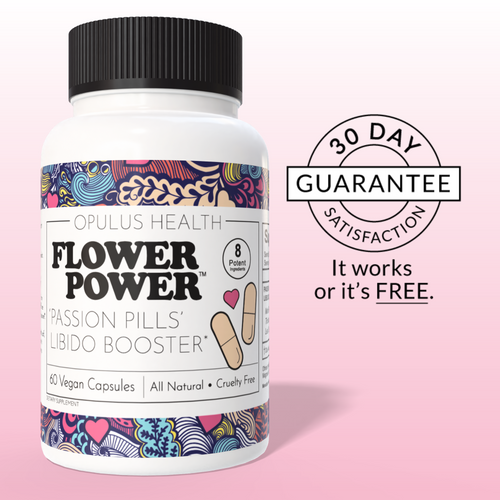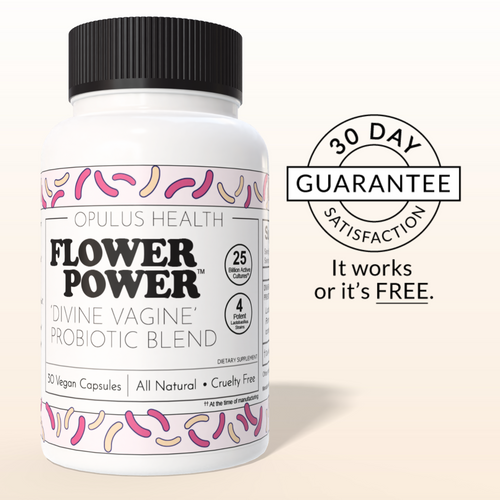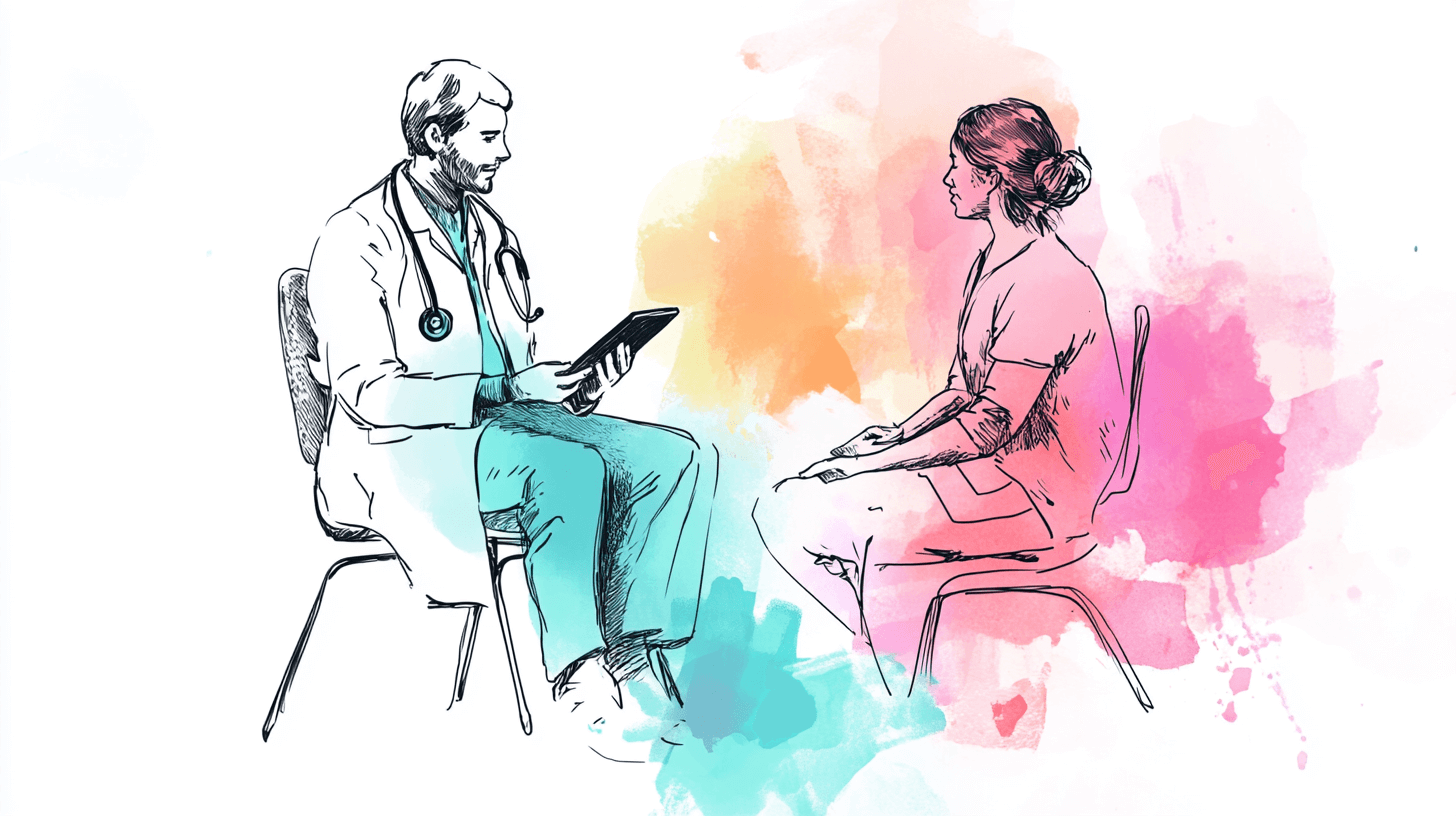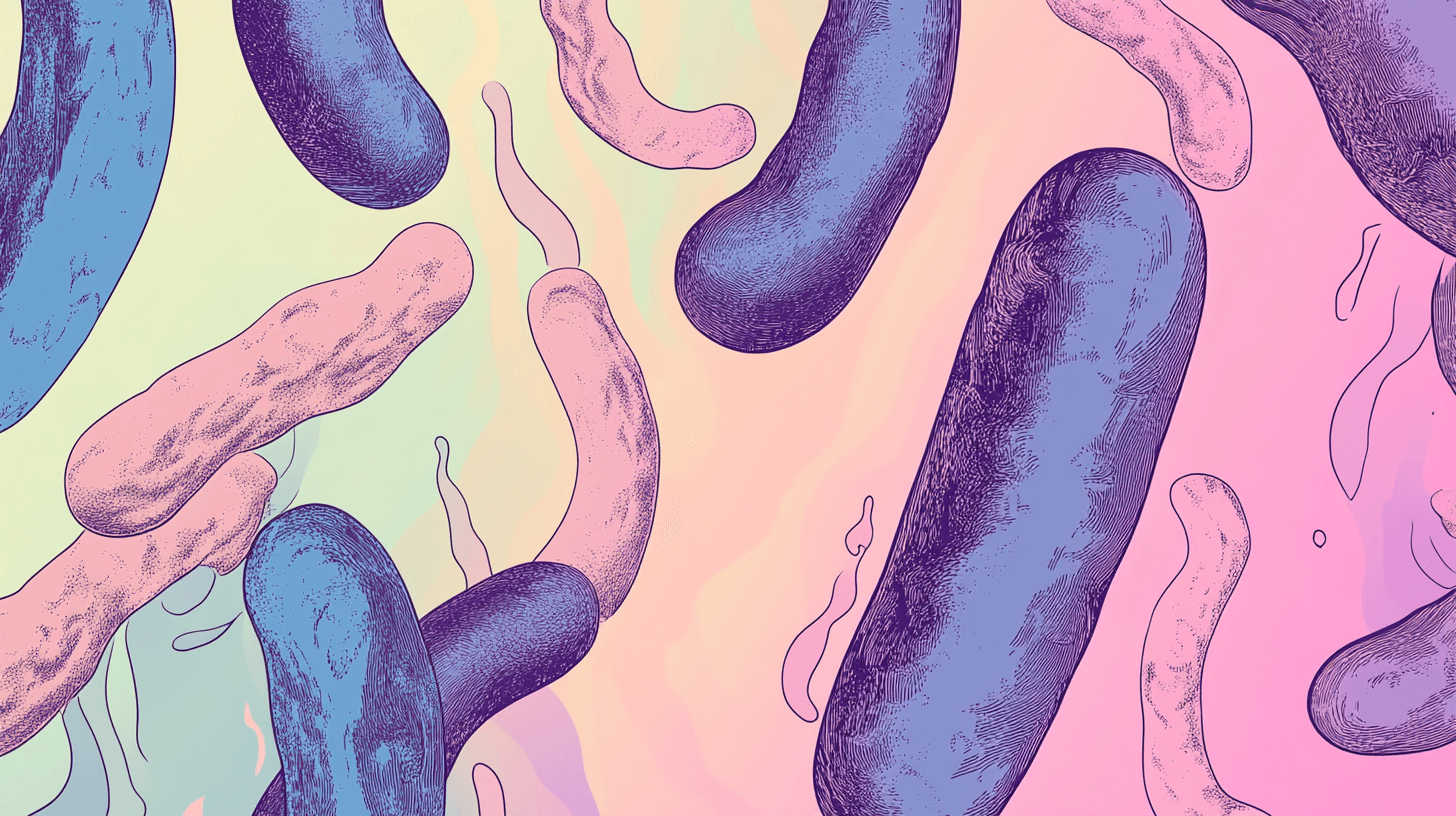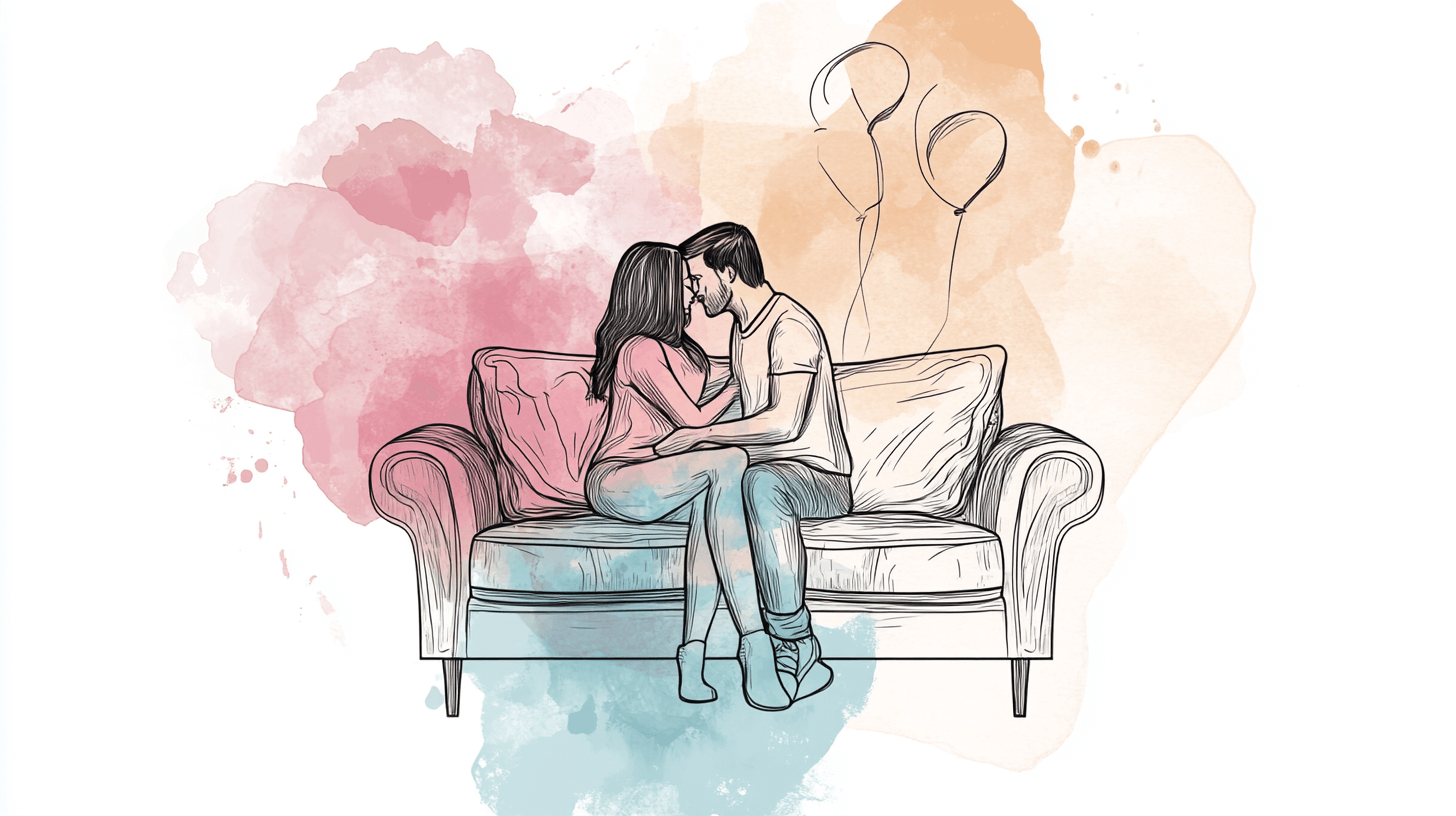Today’s article is a Q&A with answers to some of the most pressing questions about vaginal health and hygiene.
These answers are from top OBs and GYNs in the United States, India, and Canada. We've presented them to you in a fun-to-read Q&A. Hope you find them useful!
Question: My doctor says I shouldn’t shave my pubic hair. Should I really listen?
Shaving pubic hair can lead to several complications, including infections. Your body grows those hairs for a reason—to protect you from infections that could otherwise enter the vagina. The skin around the area is also sensitive, and shaving can cause tiny cuts that may allow bacteria to enter, leading to infections.
My recommendation? Instead of shaving, try clipping the hair to reduce the risk of irritation and infection.
Question: I noticed my labia minora was enlarged during sex. It took about 30 minutes to go back to normal. What happened?
That’s a normal response to arousal! During sexual excitement and orgasm, the labia minora, majora, and vagina are stimulated by nerves and blood flow, which causes them to swell. After an orgasm, the blood flow decreases, and the swelling eventually subsides.
Question: What kind of vaginal washes are the best? Or are they bad to use?
Vaginal washes are unnecessary. If anything, a gentle external wash with water, or a mixture of water and a teaspoon of white vinegar, can be used. Avoid direct application of vinegar to the labia, and never douche! Simply rinsing externally is enough.
Question: Why use white vinegar?
White vinegar has mild antiseptic properties and is gentle on the skin, making it a good option for external cleaning.
Question: I’ve been finding intercourse painful lately. What could be the reason?
Pain during sex can result from a variety of causes, which is why it’s important for your doctor to ask detailed questions. Deep pain during intercourse is called dyspareunia, and vaginismus—an automatic response due to fear of vaginal penetration—can also cause discomfort. For postmenopausal women, low estrogen levels can thin the vaginal walls, making intercourse painful.
Question: When should a woman start visiting a GYN, and how often?
It’s recommended to start seeing a GYN between the ages of 16 and 18. If you’re married or sexually active, regular visits (about once a year or every two years) are a good idea, unless you’re dealing with specific vaginal issues.
Question: What if I miss my period?
Missing a period can sometimes indicate pregnancy, but it could also be due to hormonal issues, such as thyroid problems or PCOS (polycystic ovary syndrome). It’s best to consult an OB/GYN to find out the cause.
Question: Tampons or pads?
Both are great for menstrual hygiene. Tampons offer more freedom, especially for activities like swimming or sports, but you need to be vigilant about hygiene. Change tampons frequently to prevent infections, especially in moist conditions.
Question: How often should I change a pad during the day?
On heavier days, changing your pad every 3 to 4 hours is recommended to maintain hygiene and comfort.
Question: Is there something to keep in mind when using tampons?
It’s easy to forget about a tampon for too long, which can lead to an unpleasant odor and potentially serious infections like Toxic Shock Syndrome (TSS). Always remember to change tampons regularly.
Question: How should we clean the genital area?
Simply wash the area with warm water daily. If you’re sensitive, avoid using vinegar and skip commercial vaginal washes—they aren’t necessary. For vaginal infections, boric acid suppositories can help restore pH balance and eliminate odors.
Question: What is PCOD?
PCOD stands for Polycystic Ovarian Disease, a modern hormonal disorder that can be triggered by stress and lifestyle factors. Symptoms include irregular periods, weight gain, and difficulty conceiving.
Question: How can women reduce stress to manage PCOD?
Planning your days in advance, ensuring 7 hours of uninterrupted sleep, and engaging in enjoyable physical activities can help reduce stress and improve overall health, including vaginal health.
Question: What is PCOS?
PCOS, or Polycystic Ovary Syndrome, is a more advanced form of PCOD where the hormonal imbalance affects the entire body, leading to symptoms like type II diabetes, obesity, and high cholesterol.
Question: Is PCOS a serious problem?
While it’s not life-threatening, PCOS requires treatment to prevent more serious issues like metabolic syndrome.
Question: What are the symptoms of PCOD/PCOS?
Symptoms include irregular periods, weight gain, facial hair growth, scalp hair loss, and difficulty conceiving. These symptoms arise from an excess of male hormones in the body.
Question: What causes PCOD/PCOS?
The exact cause is unclear, but genetics may play a role. According to WebMD, if your mother or sister has PCOS, you might be at higher risk of developing it.
If you have more questions, feel free to email us at hello@getflowerpower.com, and we'll provide expert answers from experienced OB/GYNs.
And remember, for issues like vaginal odor or infections, FlowerPower’s Boric Acid Super Saver bundle is a great solution. It comes with a 60-day money-back guarantee.


